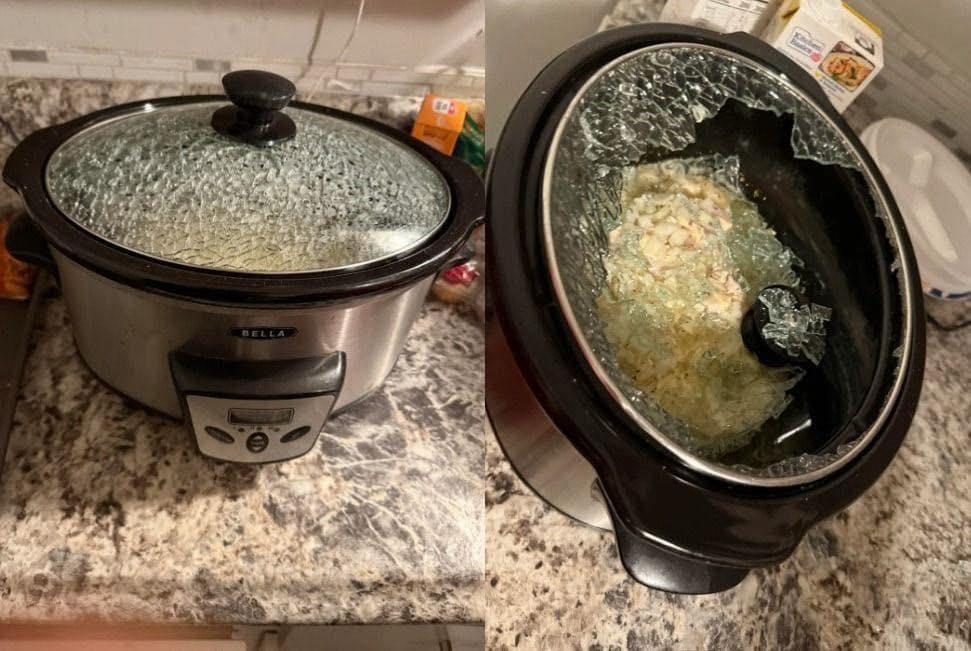ADVERTISEMENT
Solution: Use dried herbs instead, which are designed to withstand long cooking times. Save fresh herbs as garnishes added just before serving.
4. Alcohol
Adding wine, beer, or spirits directly to a slow cooker can result in an overpowering alcoholic flavor. Unlike cooking on the stovetop, where alcohol evaporates quickly, the slow cooker traps it, leaving behind an unpleasant taste.
What Happens: The dish retains too much raw alcohol flavor, which can overpower other ingredients.
What Happens: Lean meats lose their juiciness and texture, resulting in a disappointing meal.
Solution: Choose fattier cuts like thighs, chuck roast, or shoulder. Alternatively, add extra broth or marinade to keep lean meats moist.
6. Pasta
Cooking pasta in a slow cooker often leads to mushy, overcooked noodles. Since pasta requires less time to cook than most slow-cooker recipes, it absorbs excess liquid and breaks down.
What Happens: Pasta turns into a soggy mess, ruining the consistency of soups or casseroles.
Solution: Cook pasta separately and stir it into the dish just before serving. If using lasagna noodles, look for no-boil varieties that hold up better.
7. Rice
Similar to pasta, rice tends to absorb too much liquid and overcook in a slow cooker. White rice especially can become sticky and overly soft, while brown rice may remain undercooked due to uneven heating.
What Happens: Rice either gets mushy or stays crunchy despite extended cooking times.
continued on next page
ADVERTISEMENT
ADVERTISEMENT
